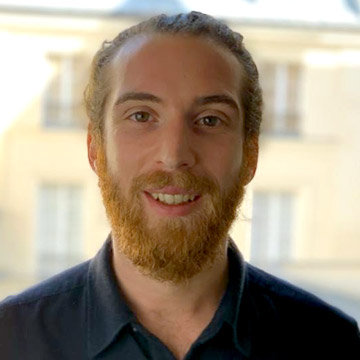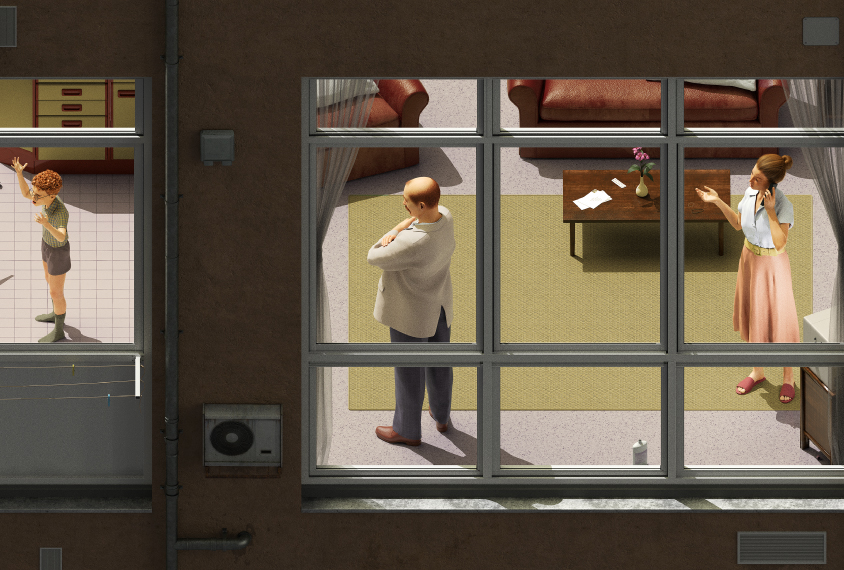Benjamin Landman is a child psychiatrist. He is chief resident at the Excellence Center for Autism and Neurodevelopmental Disorders at the Robert Debré Hospital, in Paris, France. He has a major interest in the identification of biomarkers in autism. He is mainly involved in the project SoNeTAA (Social Neuroscience for Therapeutic Approaches in Autism) and combines human-human and human-machine interactions with electroencephalography recording to study social cognition from a situated and reciprocal standpoint. The project aims to bridge the gap between state-of-the-art social neuroscience methods and clinical practices. He is also co-founder of the www.debrechildpsychiatry.org website.

Benjamin Landman
Chief resident
Center of Excellence for Autism Spectrum Disorders and Neurodevelopmental Disorders
From this contributor
Coronavirus tool kit may aid families with autistic children during lockdown
To help families cope with the sudden loss of professional support during the pandemic, one team in France has created a set of resources and information.

Coronavirus tool kit may aid families with autistic children during lockdown
Explore more from The Transmitter
Shifting neural code powers speech comprehension
Dynamic coding helps explain how the brain processes multiple features of speech—from the smallest units of sounds to full sentences—simultaneously.

Shifting neural code powers speech comprehension
Dynamic coding helps explain how the brain processes multiple features of speech—from the smallest units of sounds to full sentences—simultaneously.
Astrocytes orchestrate oxytocin’s social effects in mice
The cells amplify oxytocin—and may be responsible for sex differences in social behavior, two preprints find.

Astrocytes orchestrate oxytocin’s social effects in mice
The cells amplify oxytocin—and may be responsible for sex differences in social behavior, two preprints find.
Neuro’s ark: Spying on the secret sensory world of ticks
Carola Städele, a self-proclaimed “tick magnet,” studies the arachnids’ sensory neurobiology—in other words, how these tiny parasites zero in on their next meal.

Neuro’s ark: Spying on the secret sensory world of ticks
Carola Städele, a self-proclaimed “tick magnet,” studies the arachnids’ sensory neurobiology—in other words, how these tiny parasites zero in on their next meal.